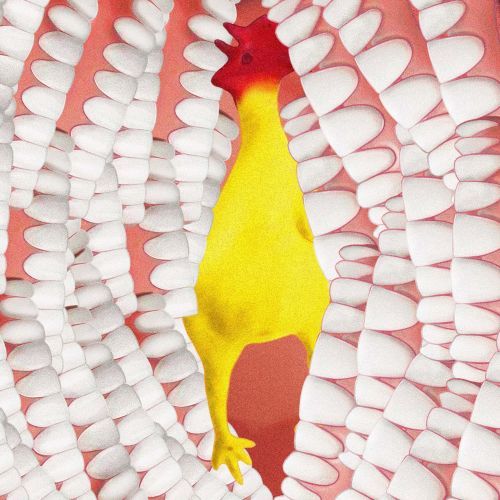Climate and dilemmas of producers of olive oil, wine and other spirits
In the first four months of 2023, the export of Albanian olive oil increased four times (up to 1258 t) compared to sales in 2022. It happened, e.g. due to last year’s drought in Spain and Italy, which reduced olive production in these countries. On the other hand, Albania had a record-breaking olive harvest season. There was a surplus of oil and olives on the domestic market, and local oil prices remained at around EUR 4.6 per litre.
Wine growers aren’t sure what global warming means for the wine industry. Climate change could be an opportunity for German producers, whose vineyards account for just over 1% of the world’s wine-growing area. Germany was the only country in the European Union that increased wine production last year, which has been attributed to the drier and hotter growing season. In 2022, the Rhine vineyards saw no rain for two and a half months, making it the warmest year since records began in Germany in 1881.
Diageo plc, the world’s largest alcohol producer – which owns brands such as Guinness, Johnnie Walker, Smirnoff, Captain Morgan and Tanqueray – is concerned that climate change will cause a lack of water to produce alcoholic beverages. In 2022, 43 of the company’s plants were located in areas affected by water scarcity, which accounts for over 60% of spirits and over 90% of beer. The other ingredients – grapes and cereals – also depend on agricultural irrigation. Last year Diageo plc used over 17.5 billion litres of water to produce alcohol.























